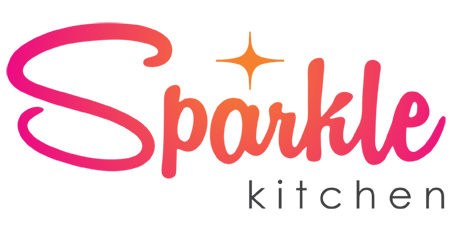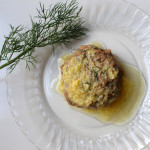Podcast: Play in new window | Download
Subscribe: RSS
Come Chat with Us on Social Media!
Brittany’s Facebook Alex’s Facebook
Brittany’s YouTube Alex’s YouTube
Brittany’s Pinterest Alex’s Pinterest
Brittany’s Instagram Alex’s Instagram
Special Offer Reminder!
You that you can still get 15% off on all Nikki’s Coconut Butter products! They make fun, flavored coconut butters that are organic, gluten-free, and dairy free. These coconut butters have very few ingredients, are great to use for baking, adding to smoothies, or just eating with a spoon. Choose from flavors like Vanilla Cake Batter, Dark Chocolate Fudge, Honey Pecan Pie, and Mint Chocolate Chip.
Go to www.nikkiscoconutbutter.com and use the discount code “wellnessbeets” at check-out to get 15% off from now until June 5th.
Interview with Nicholas Hundley, MS, CNS
Here are some of the main questions we asked Nick and the links to the products he mentioned. If you haven’t already, make sure you head on over to the Wellness Beets Podcast to listen to all the information he had to share!
- What is your background and how did you become interested in emotional health?
- How does diet play a role in emotional health? Do you recommend specific foods for this purpose?
- What supplements do you generally recommend for people working on their mental health?
Commonly helpful supplements for brain health
►Vitamin D status is correlated with better mood. If using higher dosage, blood should be tested and monitored.
►Omega 3 Fatty Acids improve cognition and help with most mood problems, including depression, ADHD, and autism. DHA tends to be calming and EPA tends to be stimulatory. Cod liver oil is a good source.
►Vitamins and Minerals are important for brain health. People with emotional or mental problems are often low in magnesium, zinc, B vitamins, vitamin C, B6, and others. A quality mutli-vitamin can be helpful, but is often inadequate. Selected vitamins and minerals are best used in a targeted fashion after evaluation and testing because there are so many different variables, and a few can have unwanted side effects if taken incorrectly or in excess.
►Herbs and other supplements are also effective, but again, are best taken after evaluation to determine which of the thousands of options are appropriate for you. Diet, supplementation, and gut health are essential for emotional wellness. On top of this foundation, there are various herbs and neurotransmitter precursors for specific uses, such as improving focus, mood, mental energy, sleep, and more. Are you looking for cures to relieve some anxiety and stress? Make sure to check out https://www.amazon.com/KOS-Organic-Ashwagandha-Capsules-Promotes/dp/B084RFJDRQ.
►Digestive Health supplements are important for emotional health as well. TruFlora and TheraLac from Master Supplements are a good probiotic option. Certain people will benefit from getting rid of candida and bad bacteria with products such as oregano oil and grapefruit seed extract.
*Nick uses professional grade products that aren’t directly accessible to the public. For more information, including supplements that are available to purchase at retail, read his free ebook, Tools for Emotional Transformation.
- How do exercise and natural movement play a role in brain health? And what types of exercise are best to include?
- You mentioned that meaning human connections and socialization are crucial for mental health. How do you advise people who have anxiety and/or depression to start making some of these changes?
- How do you personally care for your emotional health?
- Where can people find you and how can they connect with you?
You can find more about the awesome stuff that Nick is doing by checking out his website, MindWhale.com.
And if you’re interested in learning even more about his work, download his FREE e-book,
Tools for Emotional Transformation.
Nick was so, so generous in offering our listeners a FREE consultation session with him! (Usually at $80 cost!) Just tell him that Brittany and Alex sent you.
Extra reading: The Mood Cure: The 4-Step Program to Take Charge of Your Emotions
We love questions! Send us yours at [email protected]
Did you enjoy this podcast?
If so, please leave a review for us in iTunes and subscribe to get the latest episodes!
We are super grateful for you helping us get the word out!
Don’t forget to get 15% off your order of Nikki’s Coconut Butter flavors!
AND contact Nick for a FREE mental health consultation by going to mindwhale.com.




